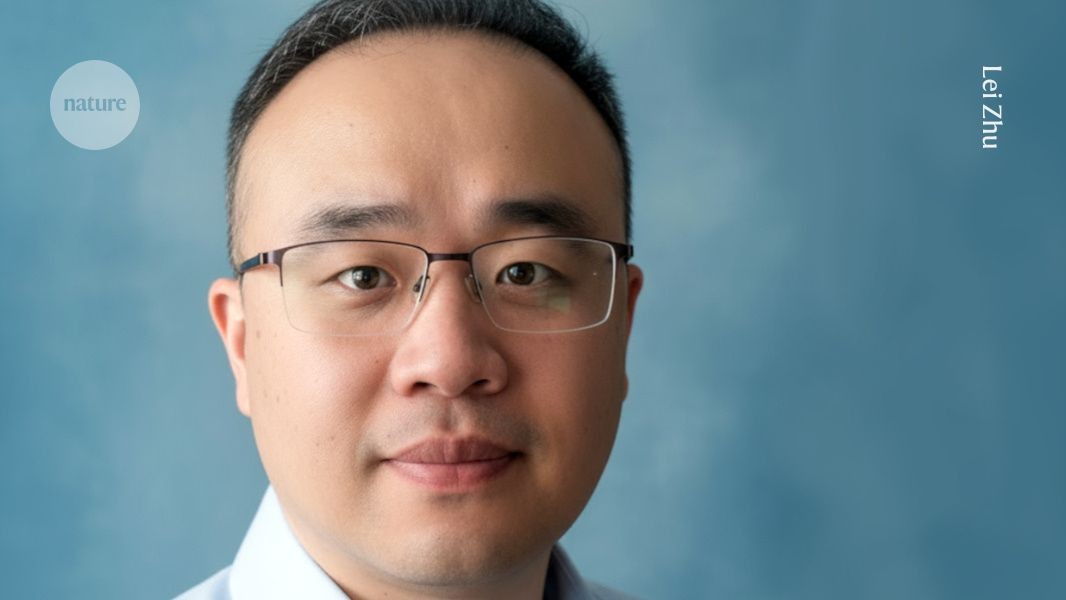
"I began studying programming languages - first Perl, then R and Python. Looking back, I'm happy with my choice. It was an exciting time, and the rapid growth of high-throughput technologies and new techniques - such as transcriptomics and genomics, and later single-cell biology - gave me plenty of data to work with. Solving biological problems through the code I wrote gave me a sense of self-worth."
"New 'agentic' modes of operation, however, were potential game-changers. These allow tools such as Manus to first generate code and then run it directly in the cloud, creating a seamless loop: from me asking questions, to the tool writing and executing code, to me receiving results. That was when I started to worry: in this age of AI, am I still necessary?"
A graduate student joined a lab focused on functional assays and bioinformatics and chose bioinformatics without a programming background. The student learned Perl, R and Python and benefited from abundant high-throughput data from transcriptomics, genomics and single-cell biology. Early AI tools produced functional code that often required manual debugging, so immediate redundancy felt unlikely. The emergence of agentic AI that can both generate and execute code in the cloud created an end-to-end loop from prompt to results. That capability generated concern about whether human bioinformaticians remain necessary.
Read at Nature
Unable to calculate read time
Collection
[
|
...
]